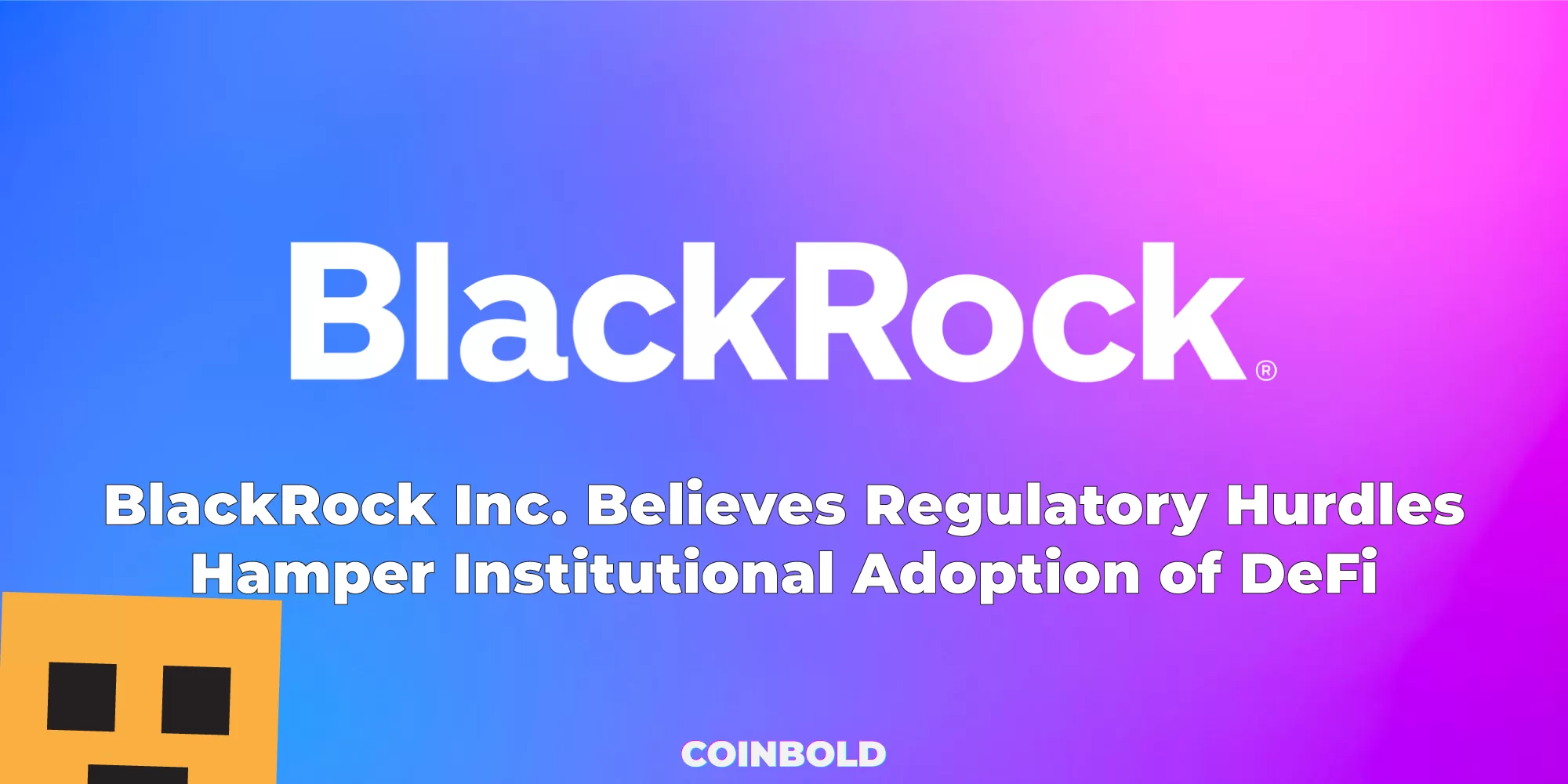BlackRock Inc., a major investment management corporation, believes that decentralized finance (DeFi) still has a long way to go before attracting large-scale institutional investors. Regulatory obstacles need to be addressed before DeFi can become a mainstream option for institutional investing.
BlackRock’s Head of Strategic Partnerships highlights the challenges and opportunities surrounding DeFi integration into institutional investing
During the State of Crypto Summit organized by Coinbase Global Inc. and the Financial Times, Joseph Chalom, BlackRock’s Head of Strategic Partnerships, discussed the potential of DeFi. He highlighted that, due to strict regulations that both BlackRock and its clients abide by, widespread adoption of DeFi is not imminent.
Chalom stated, “Not that I’m pessimistic — I just live in a highly regulated space, and so do our clients.” He further suggested that institutional adoption of DeFi may take “many, many, many years” to materialize.
However, Chalom also recognized the role that companies like Coinbase could play in bridging the gap between DeFi and traditional investors, thanks to their institutional-grade wallets that facilitate a smoother transition into the crypto realm.
Interestingly, BlackRock has already made moves in the crypto industry. Just last week, the investment giant filed for a US spot Bitcoin exchange-traded fund, a development that boosted Bitcoin’s price and inspired similar applications from competitors.
Furthermore, BlackRock has previously collaborated with Coinbase to simplify Bitcoin management and trading for institutional investors. The company is also currently overseeing the cash reserves of Circle Internet Financial’s stablecoin, USD Coin.
BlackRock’s ongoing discussions with clients also demonstrate a focus on tokenization and stablecoins. Well-reserved stablecoins, in particular, are seen as potential facilitators of institutional money movement. Chalom’s remarks signal a cautious yet promising step toward incorporating DeFi and crypto-assets into the future of institutional investing.
Compiled by Coinbold


